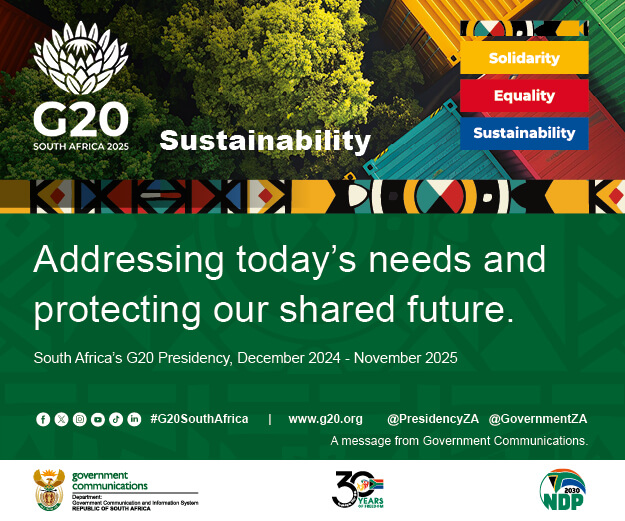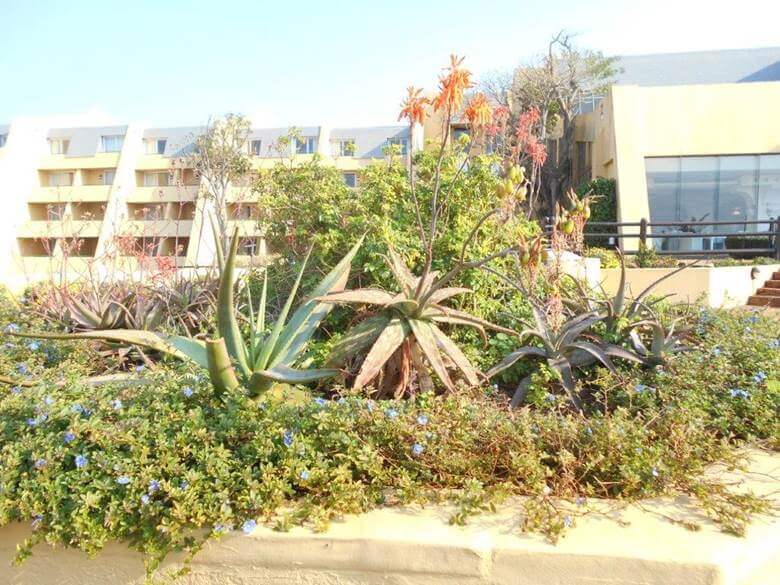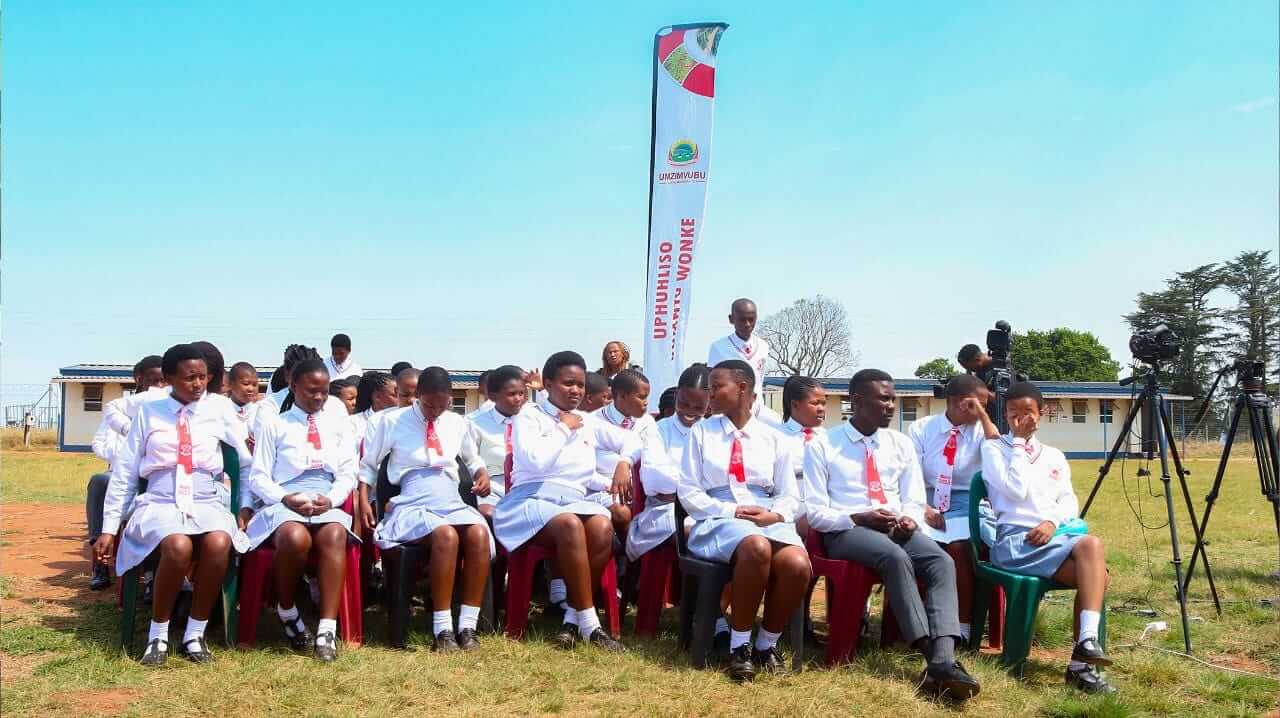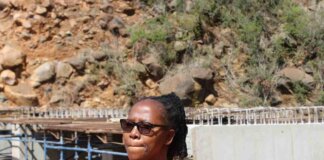With South Africa’s G20 Presidency underway, an expert believes that the country’s participation in the forum reaffirms its values as enshrined in the Constitution – while also providing an opportunity to reshape the narrative around the broader priorities of the Global South.
Research Professor of International Politics at the University of South Africa (UNISA), Jo-Ansie van Wyk, says this group of developed and emerging market economies aims to enhance economic cooperation, promote environmental sustainability, foster social inclusion, and ensure global equity.
“These are values that South Africa has enshrined in its foreign policy and, of course, are enshrined in our Constitution.
“For South Africans, our government’s participation is a reconfirmation of these values. Therefore, we can hold government democratically accountable if there is a disjuncture between its domestic and foreign policies,” she told SAnews.
She said the Group of 20 Summit that will be held in November next year, offers leaders a chance to connect with their peers and counterparts.
“These intergovernmental forums express a commitment to and the practice of global cooperation, rather than conflict. It offers states an opportunity to address matters of mutual concern, share responsibilities and serve as a communication medium to foster further international cooperation,” she explained.
This on the back of the first Sherpa Finance and Central Bank Deputies’ Meeting that was recently held in Sandton, Johannesburg.
South Africa has made history by becoming the first African nation to chair the G20, with about 130 meetings scheduled for the upcoming year.
The G20 is a powerful entity in the global economy, representing about 85% of global gross domestic product (GDP), over 75% of global trade, and two-thirds of the world’s population.
The G20 consists of the following members: Argentina, Australia, Brazil, Canada, China, France, Germany, India, Indonesia, Italy, Japan, the Republic of Korea, Mexico, Russia, Saudi Arabia, South Africa, Türkiye, the United Kingdom, and the United States.
Additionally, it includes the African Union (AU) which participated as a full member of the G20 for the first time at the G20 Summit in Brazil in November 2024, and the European Union (EU).
Van Wyk indicated that the Global South and the AU have an important responsibility to articulate their needs and positions for the first time.
“Moreover, it is an opportunity to bring our resources as limited as they are to the table. We have, for example, excellent diplomats and astute businesspeople. Therefore, the Global South should promote the message it offers to global cooperation.”
Van Wyk believes that the Global South now has a unique opportunity to negotiate commitments and agreements that benefit all parties involved.
She also emphasised the importance of ensuring that each country adheres to good governance and human rights standards within its own borders.
“This will add to our status when we speak at these forums. In this way, we can hold the Global North accountable to the same standards.”
This as South Africa’s 2025 G20 Presidency will focus on inclusive economic growth, industrialisation, employment creation, reducing inequality, food security, artificial intelligence, data governance, and innovation for sustainable development.
Purpose
Van Wyk contended that gatherings such as the G20 and BRICS Summits fulfil their purpose, highlighting that diplomacy is a continuous process rather than a singular event like signing an agreement.
“It takes time for states to adjust to new ideas and domesticate new ideas and agreements due to each state’s unique constitutional system. Moreover, governments come and go, but states do not.”
BRICS is a group of significant emerging-market nations: Brazil, Russia, India, China, and South Africa. Recently, additional countries joined the group, which now represents an increasing share of the global economy.
Van Wyk emphasised that a significant outcome of BRICS+ is its expansion, along with its formalisation and institutionalisation through the New Development Bank, summits, and interactions among academics and business professionals.
She cited Eskom, which has benefitted from a loan from this new bank. Reports indicate that the bank approved an R18 billion loan to enhance water and sanitation services in South Africa, along with a R5 billion loan to support Transnet’s recovery program.
A seat at the table
However, the Professor explained that the outcomes of these summits are often aligned with States’ existing international commitments at bilateral and multilateral levels.
She said past G20 Summits achieved tangible results. This includes South Africa joining the intergovernmental forum and the historic inclusion of the AU.
“All these developments are concretely giving South Africa and the AU a seat at the table.”
Last year, government faced criticism for spending R180 million on the BRICS Summit, which some referred to as a “talk shop”.
The Professor recognised that intergovernmental gatherings and summits are expensive; therefore, their outcomes must be concrete and align with South African interests.
“Our economy is not growing as expected. Investment is not flowing in as expected. State capture has depleted the fiscus and DIRCO’s [Department of International Relations and Cooperation] budget is not sufficient to realise all our foreign policy ideals, commitments and responsibilities.
“Therefore, it is very important that South Africans experience these summits as beneficial to us.”
She emphasised that if funds are allocated for this purpose, equal amounts must also be directed towards domestic needs.
“This is difficult. Besides the status and prestige value of hosting the summit, we will be able to host world leaders and benefit from cooperation. Therefore, South Africa’s Presidency must be innovative, produce tangible results and grip the imagination of South Africans.”- SAnews.gov.za
Unlock Exclusive Content!
Subscribe to the Pondoland Times weekly newsletter for trusted alerts on SASSA payments, NSFAS funding, and breaking local news. Get exclusive interviews, community features, and verified stories you can rely on—delivered straight to your inbox.















